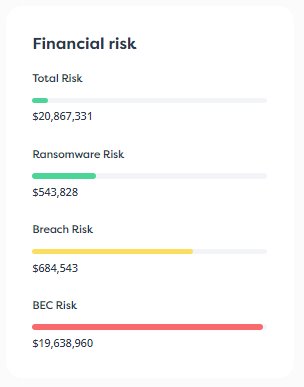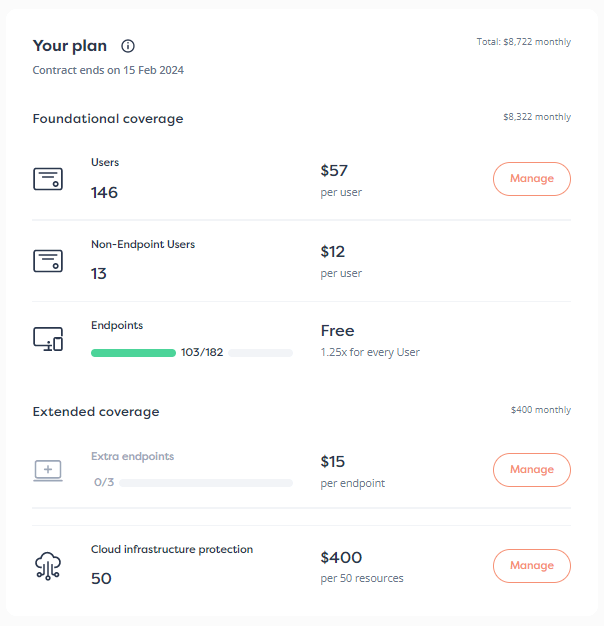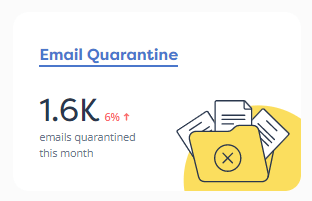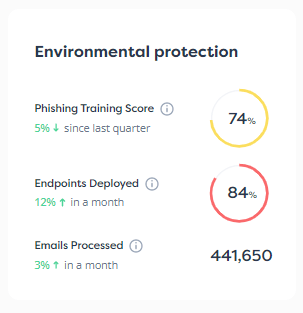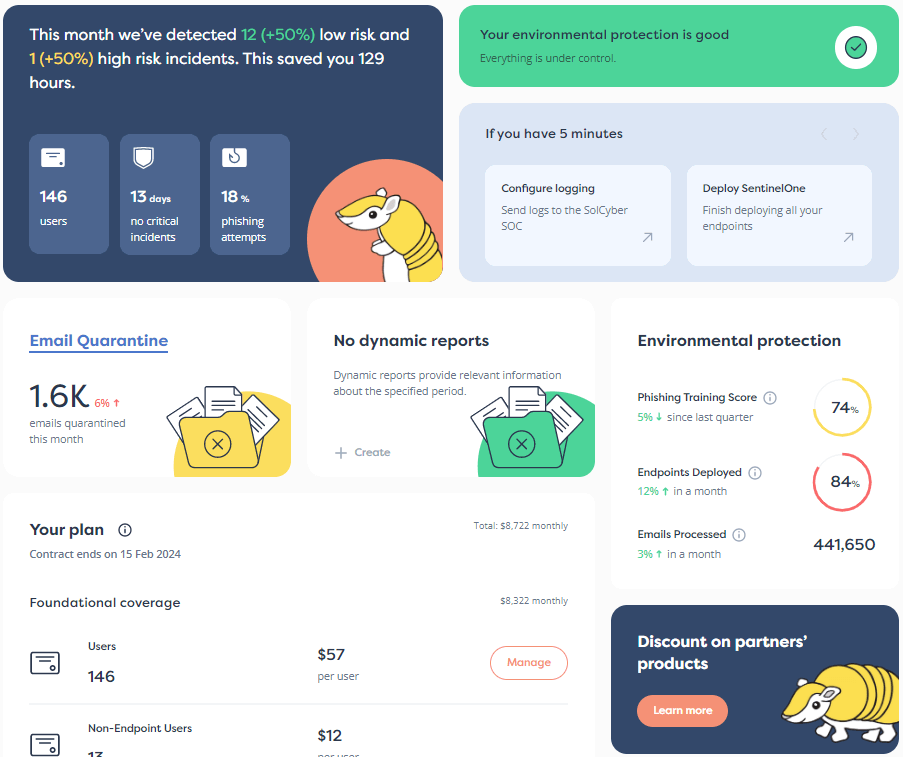

Cyber threats aren’t just a big business problem anymore. Whether you’re a startup, a growing mid-size company, or a large enterprise, the reality is that cyberattacks can, and do, strike anyone—and they’re getting more sophisticated every day. From ransomware and phishing to data breaches and business email compromise, the risks are everywhere. That’s where cyber insurance comes in.
Cyber insurance used to be something only massive corporations thought about. But, with attacks affecting businesses of all sizes and regulations becoming stricter, more and more companies are seeing it as essential, not optional.
If you’re still on the fence, here are five solid reasons why now might be the right time to look into cyber insurance.
1. The Costs of a Cyberattack Add Up Fast
Let’s start with the most obvious reason: money. A cyberattack can be brutally expensive. According to IBM’s Cost of a Data Breach Report 2024, the average cost of a data breach globally was $4.88 million, a 10% increase over last year and the highest total ever. In the U.S., that number jumped to over $9 million. And it’s not just the big headline attacks that are pricey. Even a small ransomware incident can cost thousands in downtime, legal fees, IT recovery costs, and lost revenue.
Cyber insurance helps cover many of those direct expenses—things like:
These kinds of outlays could be devastating for many businesses, especially smaller ones. Insurance won’t solve every problem, but it can be a financial lifeline during a crisis. As Thomas Kang, CEO of Converge, shared on a recent Security Shorts podcast episode with SolCyber, first-party coverage (direct impacts like ransomware or malware) and third-party coverage (like lawsuits or regulatory penalties) are both key pieces of a solid policy.
2. Cyber Insurance Can Help You Respond Faster and Smarter
Let’s say your systems are hit by ransomware and your customer data is exposed. Whom do you call? What’s the plan?
One of the less talked-about benefits of cyber insurance is access to expert help. Most policies include partnerships with incident response (IR) teams that jump in immediately to assess damage, isolate the threat, recover data, and handle communication with regulators or customers.
In the end, cyber insurance is not just about money, it’s also about support. Cyber insurance often connects you with people who have handled emergencies hundreds of times. That means you don’t have to devise a strategy while in panic mode.
3. It’s Getting Easier (and More Affordable) to Get Coverage
You might think insurers are tightening up; and, in some ways, they are. But right now, the cyber insurance market is in what’s known as a “soft market.” This is why premiums are going down slightly, by about 5–10%, and more companies are getting access to better coverage.
According to Kang, policies are expanding to cover things like unauthorized data collection. Additionally, underwriting requirements are loosening. That means some businesses are getting policies even without basic protections like MFA (multi-factor authentication).
This won’t last forever, but right now it’s a favorable time for buyers. Because insurers are competing for business, you can get broader coverage at better prices if your business is reasonably well prepared.
4. Customers and Partners Are Starting to Expect It
Increasingly, cyber insurance isn’t only about protecting yourself. More and more, it’s becoming part of the due diligence checklist for customers, vendors, and partners. Especially if you’re dealing with sensitive data—healthcare, finance, retail, SaaS—people want to know you’ve got a plan if things go wrong.
Having a cyber insurance policy in place shows that you take cybersecurity seriously. It can even help you win deals or pass vendor risk assessments faster. And, in some cases, it’s required, either by contract or by regulatory bodies.
5. It Encourages Better Cyber Hygiene
One of the lesser-known upsides of getting cyber insurance is that it often nudges companies toward better security practices. In fact, insurers are increasingly tying policy renewals to your security posture. That means you’ll be asked:
That might sound like a headache, but it’s actually a win-win. Insurers want to reduce risk; you want to avoid a breach. Going through the application or renewal process can highlight gaps in your defenses—and give you a roadmap to improve.
During the Security Shorts podcast, Kang pointed out an interesting trend: Some businesses think that if they have cyber insurance, they can ease up on actual security. That’s a mistake. Insurance is a backstop, not a shield.
Most policies don’t cover everything; and, even if they do, a claim can take time. Plus, if you’re not keeping up with basic security best practices, you may not even get your policy renewed. The point is: Cyber insurance works best with good security, not instead of it.
Not all cyber insurance providers are the same. Some just underwrite policies and pay claims. Others go a step further, offering additional support for things like IR and cybersecurity tools through partnerships, such as the one with SolCyber and Converge.
Cyber threats aren’t going away. If anything, they’re becoming more targeted, more frequent, and more expensive. Having cyber insurance isn’t about fear, it’s about preparation. It gives you a safety net when something goes wrong and can even help you build a stronger security program overall.
If you haven’t looked into it yet, now’s a good time. Just make sure you’re choosing a provider that doesn’t just write policies—but also helps you manage risk. Providers that partner with security experts like SolCyber give you the best of both worlds: protection when you need it, and prevention before you do. Check out our SolCyber Insurance+ Program or contact us to discuss your requirements.
💡Don’t miss our video featuring Thomas Kang, CEO, Converge Insurance: “What You Need to Know About Cyber Insurance: Uncovering The Secrets.” Watch it here.
Photo by Mehdi Mirzaie on Unsplash


By subscribing you agree to our Privacy Policy and provide consent to receive updates from our company.


